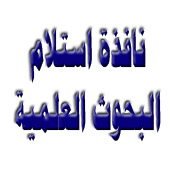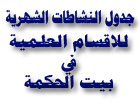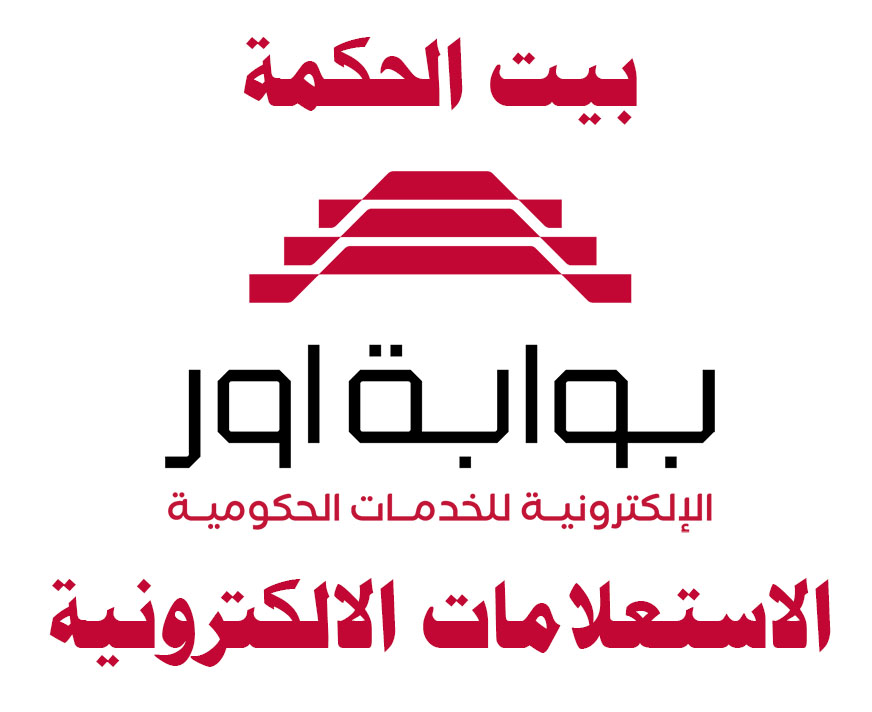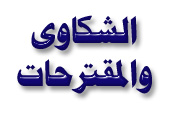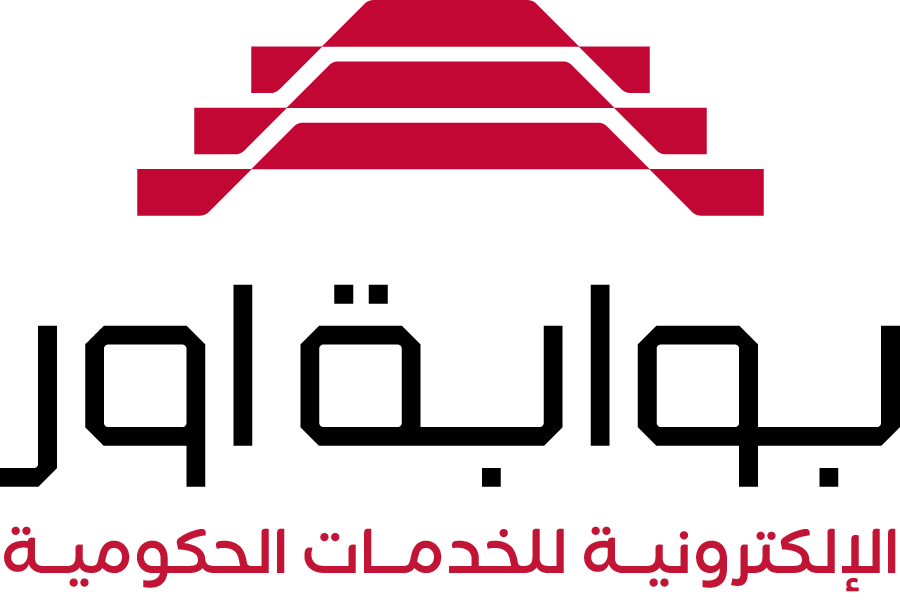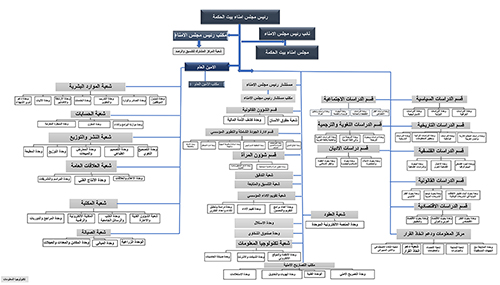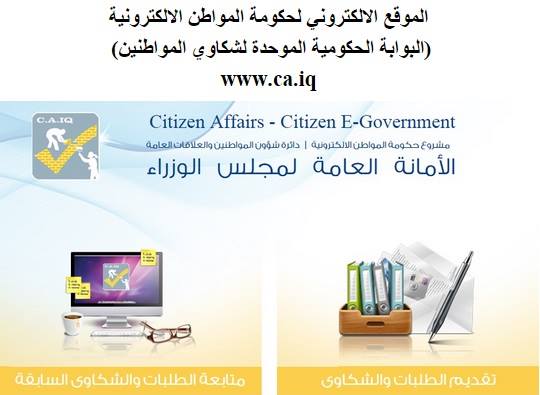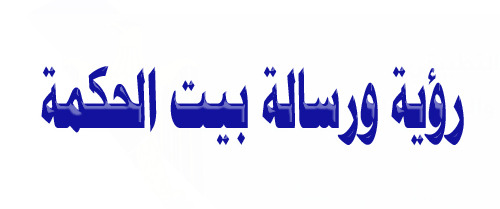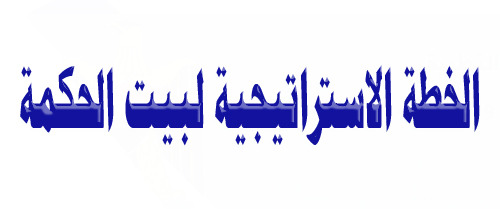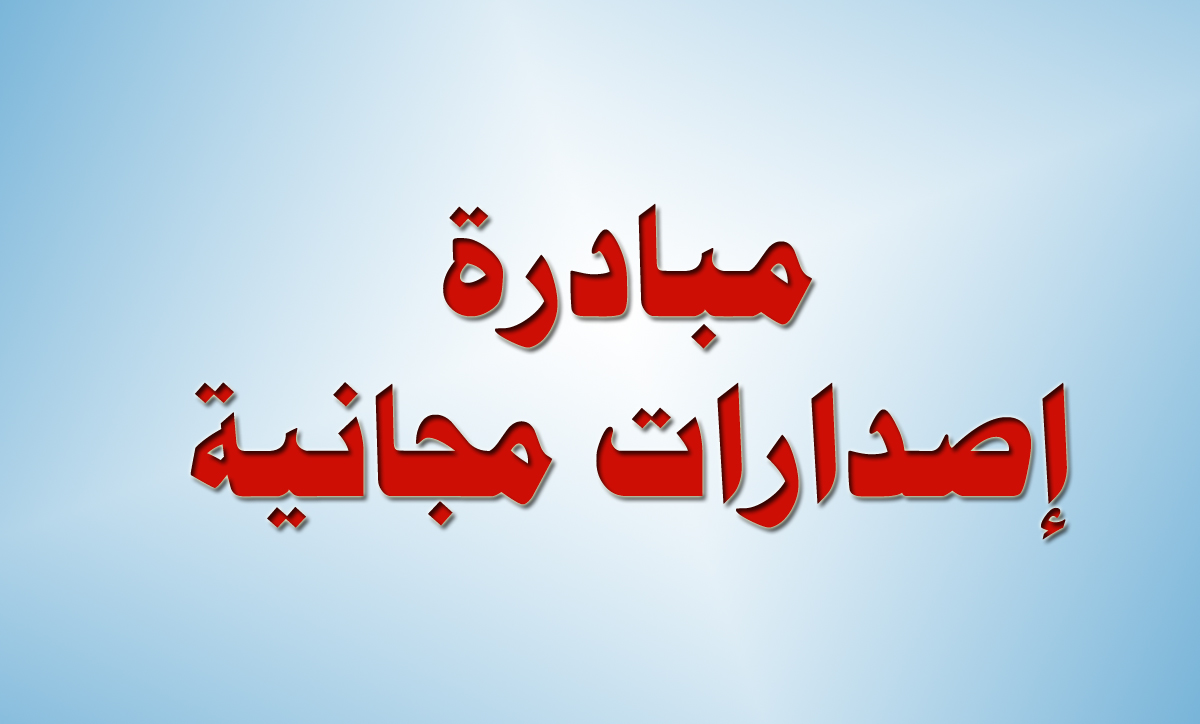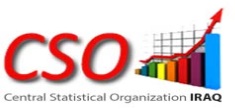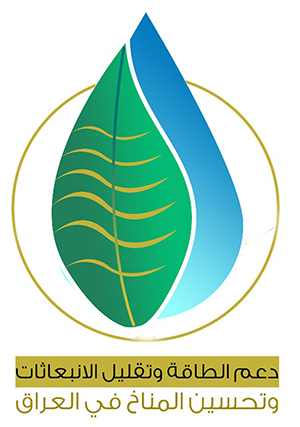News Details
Characteristics of children's literature language in the age of superintelligence
02-11-2025
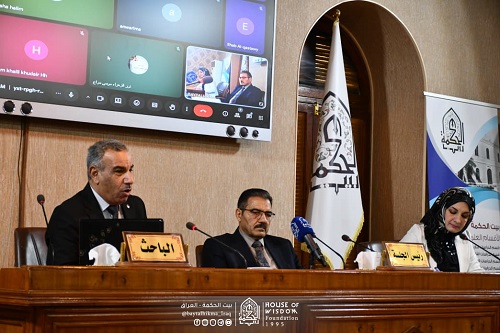
The Language Features of Children’s Literature in the Age of Superintelligence
The Department of Linguistic Studies and Translation at Bayt al-Hikma, in cooperation with the ALECSO Chair for Childhood Services – affiliated with the Arab League Educational, Cultural and Scientific Organization (ALECSO) – organized an international specialized symposium titled “The Language Features of Children’s Literature in the Age of Superintelligence” on Sunday, November 2, 2025. The event was held in person at the Dr. Mahmoud Ali Al-Daoud Hall at Bayt al-Hikma, and broadcast virtually via Zoom.
The session was chaired by Professor Dr. Redha Kamel Al-Moussawi, with Researcher Roaa Mudhhar Abbas from the Department of Linguistic Studies and Translation at Bayt al-Hikma serving as rapporteur.
The symposium highlighted the significance of analyzing the linguistic transformations in children’s language as a result of rapid technological advancement and the integration of artificial intelligence into childhood and education. It aimed to modernize the tools of children’s literature to meet the demands of the new era while preserving linguistic authenticity and educational values.
A number of professors and researchers from Iraq and other Arab countries participated, presenting diverse studies addressing intellectual and educational issues. The discussions focused on the impact of artificial intelligence on children’s linguistic awareness, the role of Arab institutions in developing children’s literature to align with the digital age, and the digital influences and challenges facing children. Participants also explored linguistic and educational issues related to the digital environment.
The symposium further examined the role of theatrical discourse in achieving balance between human intelligence and artificial intelligence within the context of children’s theater.
Other topics included the use of children’s literature and language in psychological therapy within the framework of artificial intelligence applications, as well as the challenges of translating children’s literature from foreign languages into Arabic.
The speakers emphasized the importance of preserving folk tales and cultural heritage in Arab societies amid the digital transformation.
The discussions also addressed the shifts in writing styles for children between print and digital texts, and the growing role of writers and educators in shaping children’s language to foster cultural and human values.
Participants unanimously affirmed that technological progress should not come at the expense of the Arabic language or the identity of the Arab child. Rather, it should be harnessed as an effective tool to enhance creativity, imagination, and expressive ability.
In conclusion, the researchers stressed the need to strengthen Arab cooperation in the field of children’s literature and to develop educational curricula compatible with modern artificial intelligence technologies, while preserving the essence of the Arabic language as a foundation for nurturing thought and emotion.
The event was attended by a large group of Iraqi and Arab scholars, academics, and specialists, whose insights and discussions enriched the symposium.
More News


.jpg)

